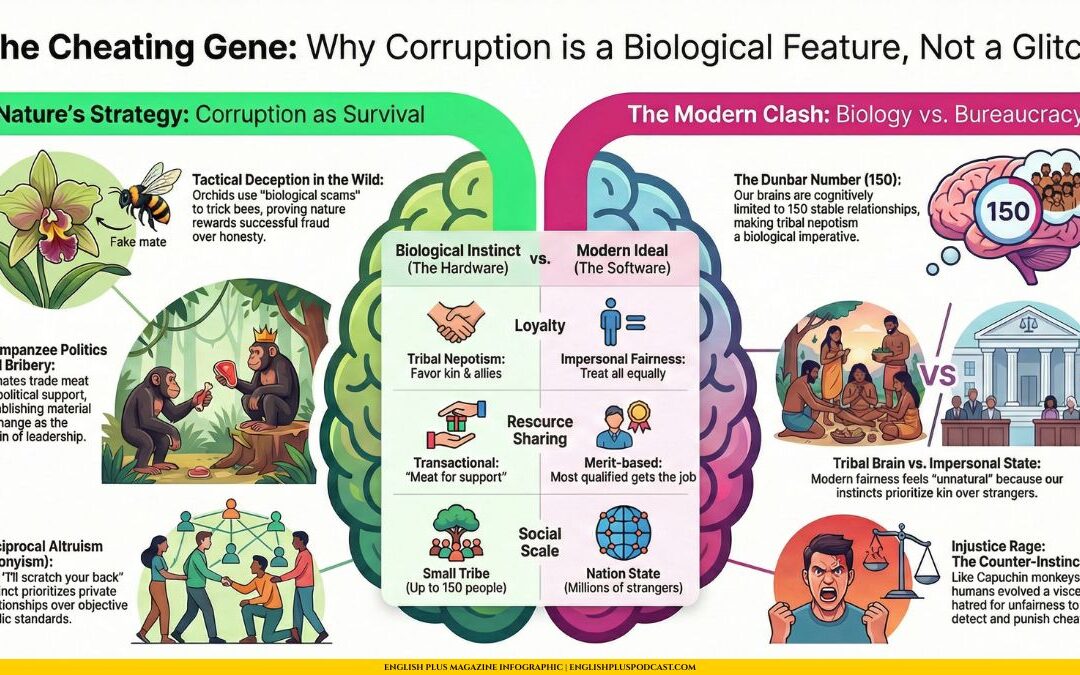Slow Down! The Problem with Jumping to Conclusions
The idiom “jump to conclusions” perfectly describes those moments when we make a hasty judgment without having all the facts. It’s a common human pitfall, but one that can cause misunderstandings, hurt feelings, and lead to poor decisions.
What Does “Jump to Conclusions” Mean?
This idiom means forming an opinion about a situation with limited information or evidence. We essentially “jump” to a belief without taking the time to walk through the logical steps of gathering and evaluating information.
When It’s Used
You’ll often hear this phrase in situations like these:
- Misinterpretations: “I saw Sarah leaving work early with her boss. She must be having an affair!” (A judgment based on limited observation.)
- Rushed Decisions: “My phone isn’t charging – the charger must be broken. I need to buy a new one!” (Without considering other possible reasons for the problem.)
- Hurtful Assumptions: “You didn’t reply to my text all day, you obviously don’t care about me anymore.” (Accusation formed without allowing for other explanations.)
When to Avoid Jumping to Conclusions
While the phrase itself is lighthearted, the consequences of jumping to conclusions can be serious:
- Damaged Relationships: Accusations or judgments based on flimsy assumptions can erode trust and communication.
- Missed Opportunities: Rushing to conclusions might mean missing out on a better solution or understanding.
- Unnecessary Stress: Interpreting situations negatively without evidence can create needless anxiety.
Examples
- Your coworker is frequently grumpy. Instead of assuming they’re rude, consider they might be stressed or have personal issues.
- You find a broken vase and immediately blame your child, when it could have been the dog or an accident.
- A friend cancels plans last-minute. Instead of assuming they’re unreliable, recognize that emergencies or unexpected situations can happen.
Conclusion
“Jumping to conclusions” is a natural human tendency, but it’s important to be aware of it. By pausing, asking questions, and seeking more information, we can make better judgments, foster stronger relationships, and avoid unnecessary drama.










0 Comments